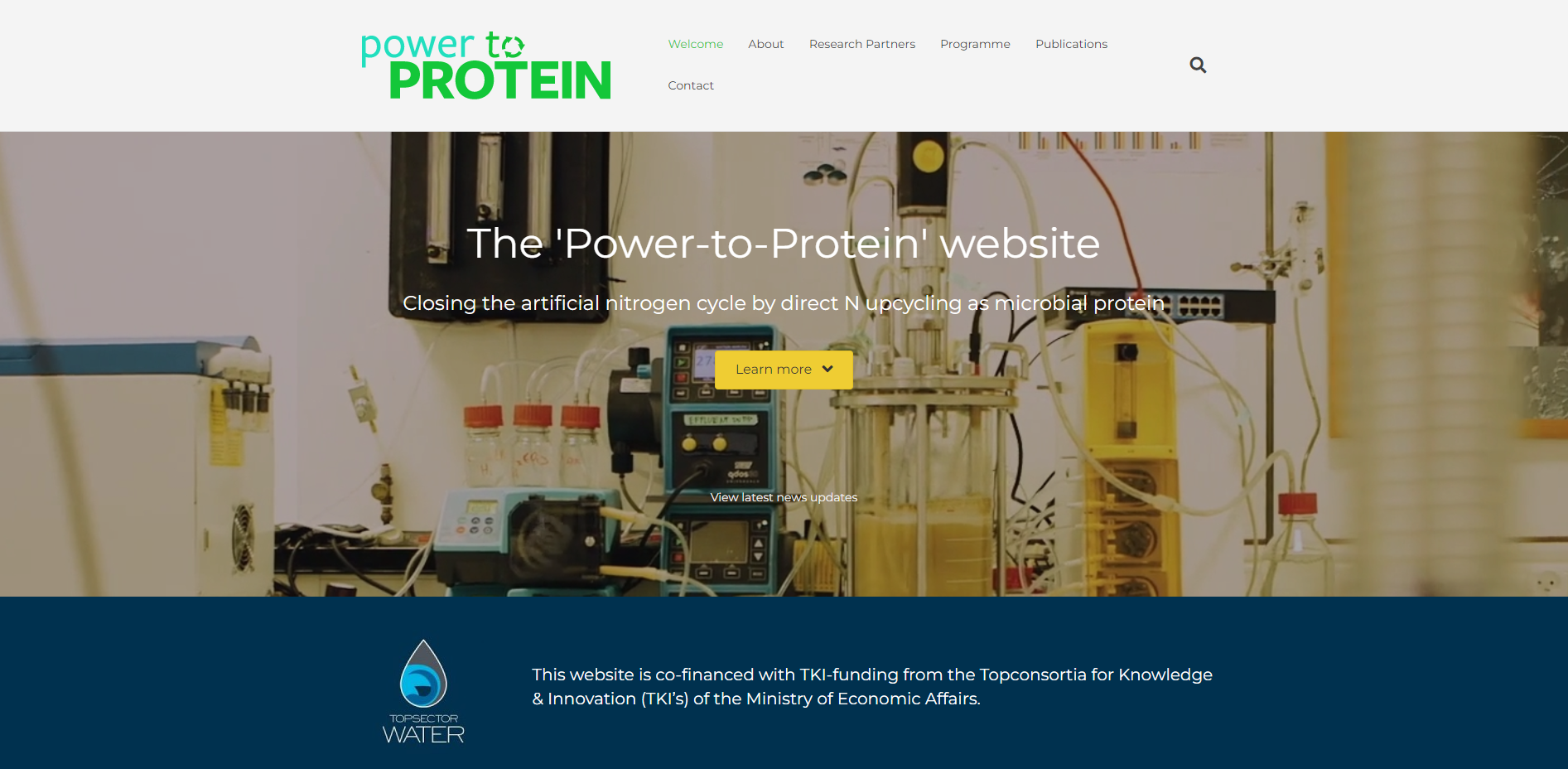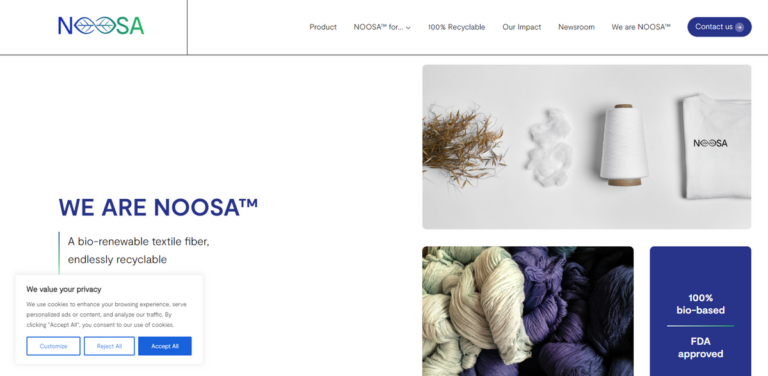
Power to Protein is a new way to make proteins useful for the food industry that cares about the environment.
Protein consumption is increasing as the world’s population grows and meat consumption increases. Protein scarcity will be exacerbated by a decrease in land and water availability. The use of soy or fishmeal and the production of animal protein cannot fulfill population demands and has a large negative impact on the environment. These practices are strongly linked to extensive deforestation, eutrophication, and overfishing.
POWER TO PROTEIN is a natural and sustainable protein synthesis technique that uses clean water, carbon dioxide, and renewable electricity. In terms of energy, material, and land consumption, this revolutionary manufacturing technique is extremely sustainable. Pesticides, hormones, and antibiotics are not used in the fermentation process. Import dependency will be reduced when high-quality proteins are produced locally. The solution is completely gmo-free.
Positive facts about Power to Protein
- 78% more efficient in primary energy consumption
- 0.85 kg CO2 eq consumed per kg of protein produced (instead of 106 kg CO2 eq for beef)
- 100% reduction of nitrogen run-off losses
- EBITDA: 30-35%
- Price competitive with whey and pea protein
Video about Power to Protein
Power to Protein website
https://powertoprotein.eu/
More on this subject :
- 15 selected Apps & solutions for climate change
- All Belgian sustainable initiatives
- Reimagining Our Waste: A New Approach for Improved Sustainability
- Sustainable Solutions for Taking on Climate Change
Help us driving the change on Instagram, Pinterest, Linkedin, Twitter or Medium.

